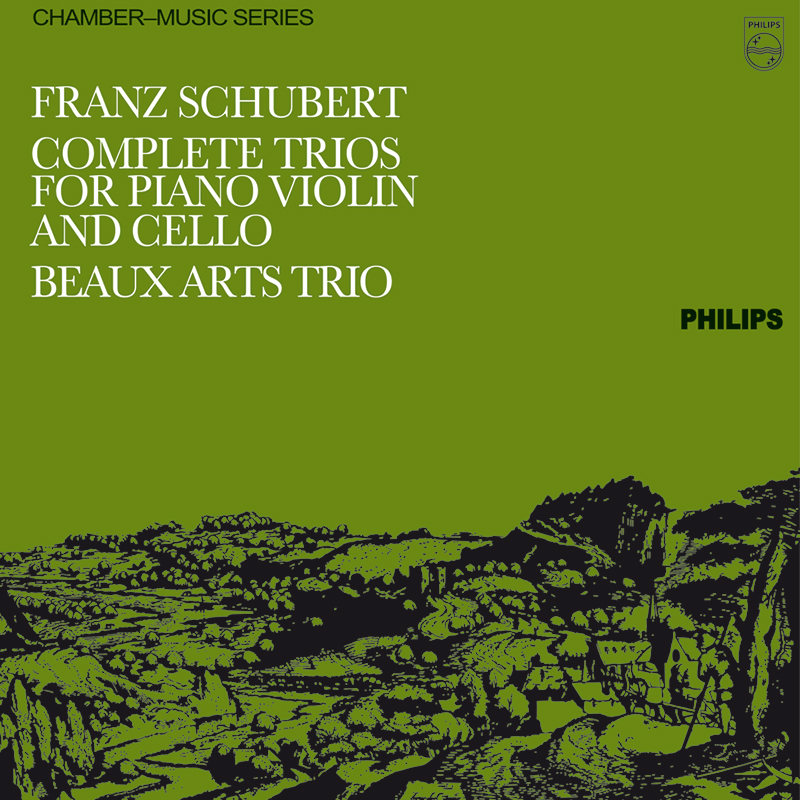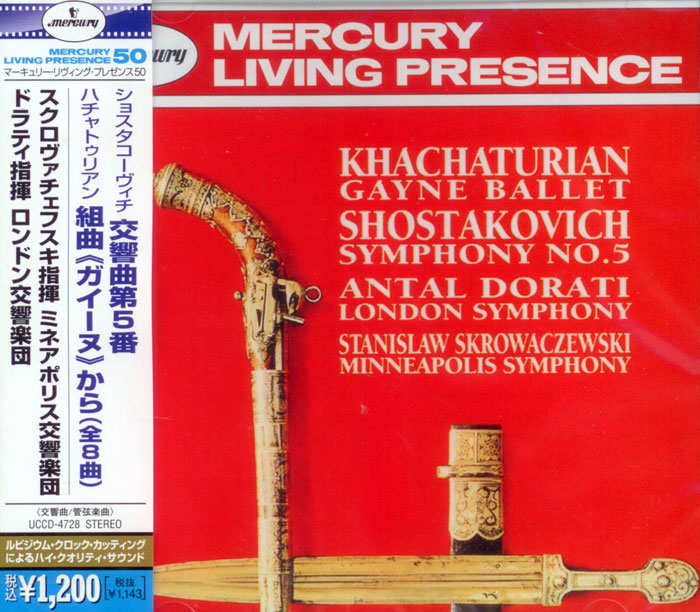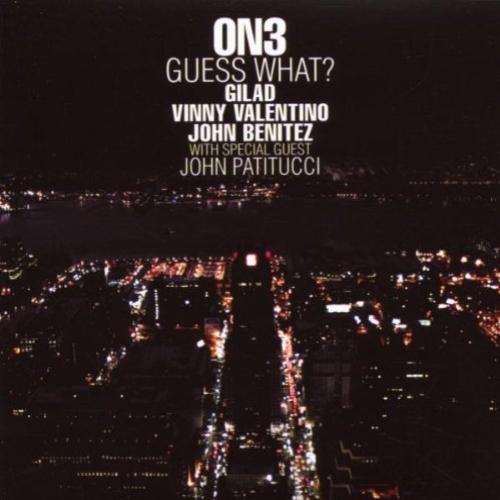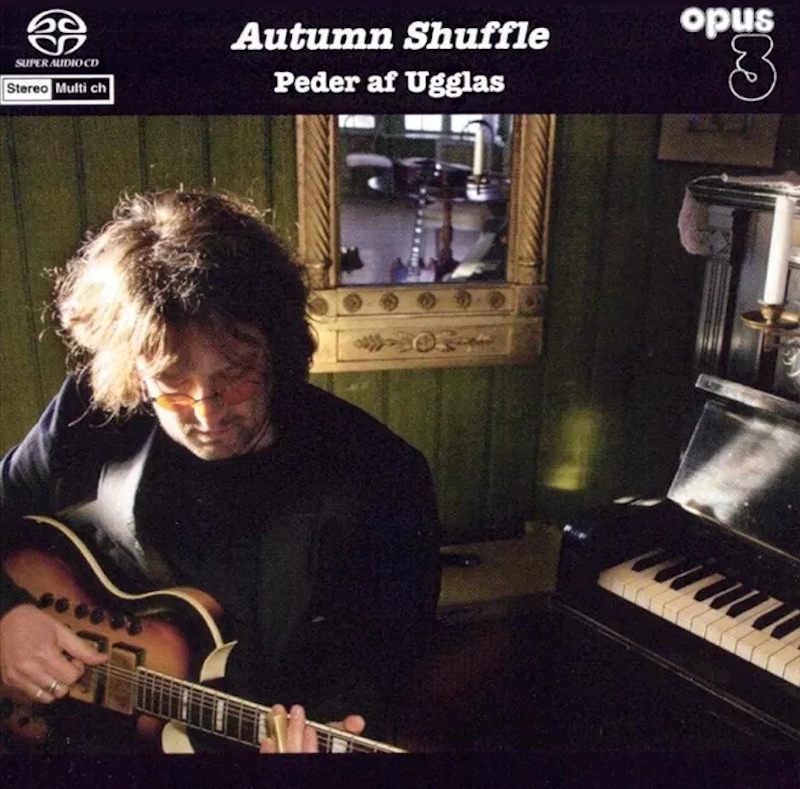Logowanie
OSTATNI taki wybór na świecie
Nancy Wilson, Peggy Lee, Bobby Darin, Julie London, Dinah Washington, Ella Fitzgerald, Lou Rawls
Diamond Voices of the Fifties - vol. 2
Tylko 1000 egzemplarzy!!!
DVORAK, BEETHOVEN, Boris Koutzen, Royal Classic Symphonica
Symfonie nr. 9 / Wellingtons Sieg Op.91
nowa seria: Nature and Music - nagranie w pełni analogowe
Petra Rosa, Eddie C.
Celebrating the art and spirit of music - vol. 3 - Pure
warm sophisticated voice...
Peggy Lee, Doris Day, Julie London, Dinah Shore, Dakota Station
Diamond Voices of the fifthies
Tylko 1000 egzemplarzy!!!
SAMPLER - STS DIGITAL, Buddy Tate, Milt Buckner, Walace Bishop
Jazz Masters - Legendary Jazz Recordings - v. 1
proszę pokazać mi drugą taką płytę na świecie!
Chesky! Niezmiennie perfekcyjny
Winylowy niezbędnik
ClearAudio
Double Matrix Professional - Sonic
najbardziej inteligentna i skuteczna pralka do płyt winylowych wszelkiego typu - całkowicie automatyczna
SCHUBERT, Beaux Arts Trio
Complete trios for piano, violin and cello
- Beaux Arts Trio
- SCHUBERT
AAA 100% Analogue This LP was Remastered using Pure Analogue Components Only, from the Master Tapes through to the Cutting Head The Beaux Arts discs have far more presence than the originals, part of which is down to the overall balance being more forward, unlike some Speakers Corner Philips pressings the treble has not been overly filtered, and here the SC discs are superior.Stereophile Franz Schubert: ?- Piano Trios in B flat major, op. 99, D 898; in E flat major, op. posth. 148, D 897; in E flat major, op. 100, D 929; in B flat major, D 28 - Beaux Arts Trio Anyone who takes an interest in Schubert?s late works will sooner or later come across cliché-like interpretations of his music that have been associated with a foreboding of his early death. Robert Schumann on the other hand was more objective when he looked at the score of Schubert?s two great Piano Trios: he characterised that in E flat major as effectual, masculine and dramatic, and the sister work in B flat major as languishing, feminine and lyrical. Both masterpieces have in common highly varied movements, which must be approached with great insight, a deeply felt sustained lyricism, and a courageous approach as regards the bold themes. That this recording with the Beaux Arts Trio has taken on a benchmark status might well lie in the fact that the three musicians amalgamate romantic fire with analytical aplomb which results in Schubert pure. With their non-stop ebb and flow of melodies, wonderfully indulgent sound colouring and a fiery tour de force through the miraculously winding harmonic paths, the Beaux Arts Trio prove themselves to be among the very best of all Schubert interpreters. Having taken their final bow at a concert in Leipzig in September 2009 after 54 years, the time is certainly ripe for an audiophile re-release of this superb recording. Beaux Arts Trio The Beaux Arts Trio was one of the twentieth-century?s greatest chamber ensembles, and recorded just about every piano trio known. In its 54-year history there were several changes of personnel, but the line-up on these 1966 discs is the original one, and like all great chamber groups there is an intense sense of conversation between the players in every bar. In the 1960s, exposition repeats ? especially first movement ones ? were not de rigueur and they are missing from both of the substantial works. Unlike many modern groups the Beaux Arts is not afraid to relax the tempo for the second subjects of both first and last movements and to lengthen phrases. Given that the cellist and violinist were schooled in a far more expressive age, they can play with an unbroken legato line and thus avoid the wearying staccato effect so beloved of contemporary string players, and Menahem Pressler?s rubato is entirely natural, his tone rounded and unforced. The Notturno?s glorious melody is beautifully voiced, the first movement of the B flat Trio has tremendous drive and its slow movement sings. In the E flat example, the Andante con molto is a truly spectral march at a flowing tempo, the finale has power and rhythmic buoyancy and the recall of the Andante is suitably chilling. No-one would want to be without the Suk Trio in D897 and D898, or Rudolph Serkin and the Busch brothers in D929, but almost half-a-century on, the Beaux Arts remains a central recommendation for both works. The Beaux Arts discs have far more presence than the originals, part of which is down to the overall balance being more forward, unlike some Speakers Corner Philips pressings the treble has not been overly filtered, and here the SC discs are superior.

































